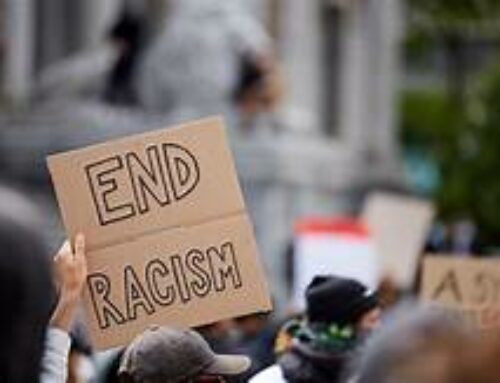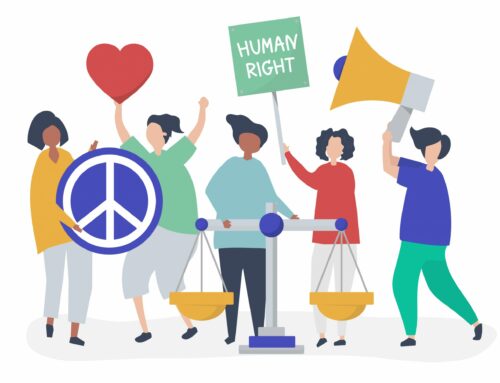Your Content Goes Here
At the beginning of March, we delivered our human rights and recruitment training to 25 participants ranging from a multitude of public bodies and third sector organisations. The aim of this training was for participants to understand that human rights and recruitment aren’t far removed from each other and viewing employability and recruitment processes with a human rights view is a key part of making rights real for everyone, especially for those whose rights are most at risk.
What's the connection?
There are specific rights relating to recruitment processes: right to work, right to just and fair work conditions and freedom from non-discrimination. The protection, fulfillment and respect of these rights all have an impact on our other basic rights; they are interdependent, indivisible and interrelated.

I usually think of it like a Jenga block, if I start pulling away the ‘right to work’ Jenga piece, representing a violation of this right, it has an impact on other Jenga pieces such as right to private family life, adequate standard of living etc., meaning that other rights are at risk of being violated.
The Legal View
While the right to work and just and fair work conditions are rights found in an international convention, the International Convention on Economic, Social and Cultural Rights(ICESCR), it is important to remember that these rights will soon be at the forefront of Scotland’s New Human Rights Bill. This Bill will incorporate four international human rights law convention into ScotsLaw with the aim of access to justice for human rights violations much closer to home. Until then, the UK is still a signatory of ICESCR and is legally obliged to protect, respect and fulfil these very rights.
Besides from legal changes, it’s important to reflect and think:
‘Do we want our organisations to be rights respecting?’
‘Do we want our services to violate people’s rights?’
‘Do we want to place barriers on people when trying to realise their rights?’
No, of course not. So, we must be pro-active and realise that although it is good to get ahead of the curve in terms of legal changes, we want to be an organisation that is committed to human rights protection and realisation.
Human rights culture
In terms of making rights real in the recruitment process, how do we achieve this? ?
It starts with acknowledging that many different people face barriers when seeking employment, which isn’t a new concept, but when we don’t design our recruitment strategies or policies and include human rights, we run the real high risk of reinforcing systemic issues e.g. systemic racism. We know that each individual has differences, and that’s what makes you, you. These differences define how we experience the world and how well our rights are respected, protected and fulfilled. Society’s structure is designed with a person in mind, the dominant identity. In the UK, this is a heterosexual, able- bodied, white man. When we have intersecting differences like a female with a disability or a black man who is Queer these differences push us further away from this ‘societal structure’ and puts their rights further at risk.





Leave A Comment